Plastic-waste-crisis – Russia-Ukraine 09-03-2022 - Arhive
Plastic-waste-crisis – Russia-Ukraine
-Technip Energies aims to shun Russia
Technip Energies has renounced new business opportunities in Russia following its invasion of Ukraine, the head of the French oil and gas services provider said on Thursday, as its full-year margin guidance drove up shares, said Reuters.
“We have ceased to work on future business opportunities in Russia,” Arnaud Pieton said in an earnings statement, but added that the potential financial impact of the crisis was “contained”.
BP , Shell and ExxonMobil are among the oil majors that have announced plans to exit positions and joint ventures in Russia amid crippling sanctions on the energy-rich nation for what it calls a “special operation” in Ukraine. By the end of December, about 3.8 billion euros (USD4.22 billion), or 23% of Technip Energies’ order backlog, was related to Russian projects in execution, said the firm, which specialises in engineering and technology for the energy sector. Plastic-waste-crisis – Russia-Ukraine
As per MRC,TechnipFMC plc has announced the sale of 9 MM Technip Energies N.V. shares through private sale transactions. The sale price of the shares in the sale is set at EUR13.15 per share, yielding total gross proceeds of EUR118.4 MM.
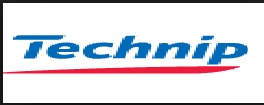
-Tackling the plastic waste crisis must remain a priority because of growing legislative pressure
WE NOW HAVE an agreement amongst 175 countries, reached in Nairobi in Kenya last week, to develop a legally binding treaty to deal with plastic waste.
This was something I called for last year. At the time I said we needed global limits on plastic waste that would be as important for the battle against plastic rubbish as the 2015 Paris Accords were or the struggle against global warming. I maintain this view. Plastic-waste-crisis – Russia-Ukraine
My views on what the treaty should include
Two years of hard work lie ahead to hit the 2024 target of completing a treaty that I hope will contribute towards completely reshaping petrochemical cost curves.
“The agreement calls for a treaty covering the full lifecycle of plastics from production to disposal,” wrote the Guardian. Excellent news.
Equally good news is the agreement’s acknowledgement that lower-income countries “will find it harder to deal with plastic and pollution than high-income ones and so there is a need for some sort of financing model to help curb plastic use and waste,” according to the New Scientist in this article.
What must now happen is recognition amongst all the stakeholders working towards this treaty that essential single-use plastics cannot be banned – for example, polyethylene (PE) films used to wrap food and polypropylene (PP) injection grades used to make disposable syringes. Plastic-waste-crisis – Russia-Ukraine
And in my view the treaty should also:
- Include economic incentives driving greater re-use – for example, incentives leading to distribution points where plastic bottles can be re-filled many times with say again shampoo.
- Encourage more R&D into reducing the volume of polymers used in packaging without sacrificing essential aspects of performance, such as extending the shelf life of food.
- Result in further R&D into how to make packaging from single rather multiple types of polymers. So called multi-layer polymer packaging makes recycling harder.
- Identify end-use applications that need to be banned because they provide no strong societal value and are hard, if not impossible, to collect and recycle.
- Most of all, ensure adequate rubbish collection systems are built for the 3bn people, mainly in the developing world, who lack such systems. An astonishing 2bn people lack any kind of rubbish collection system at all. As the old NGO example goes, a villager in Indonesia used to throw rice leaves into his local river after he had finished his lunch (rice leaves are a traditional way of wrapping food). Now he throws plastic bags into the river. Or plastic waste collects in piles on the ground and ends up being subject to uncontrolled burning to generate energy and get rid of the rubbish. This releases toxins.
Polymer producers should be held responsible by the treaty for the final disposal of the products they make – along with the converters and brand owners.
Using blockchain technology, we might be able to track each plastic pellet as it leaves a polymer plant all the way to the point where the plastic bag made from the pellet is either thrown into an Indonesian river or collected, stored in a properly managed landfills or recycled. Plastic-waste-crisis – Russia-Ukraine
Companies that have invested in rubbish collection and processing systems in Indonesia should be given plastic waste tax breaks or credits they can trade.
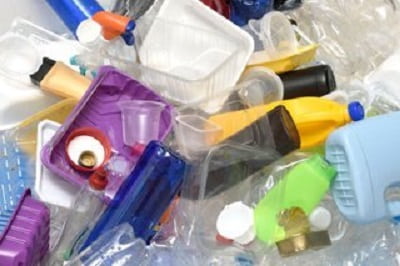
-Evergreen to install 15 new AMP Robotics sorting systems across three locations
AMP Robotics has extended its partnership with Evergreen, a producer of food-grade recycled polyethylene terephthalate (rPET). Evergreen now has 15 of AMP’s robotic sorting systems installed or planned across three facilities. In addition to six robots in Clyde, Evergreen has added six in Riverside, California, and will soon add three in Albany, New York. Plastic-waste-crisis – Russia-Ukraine
AMP’s technology identifies and sorts green and clear PET from post-consumer bales of plastic soft drink bottles at speeds up to three times faster and at a higher accuracy than manual sorters can achieve. Evergreen then recycles the material into reusable flakes or pellets, which it sells to end markets as feedstock for new containers and packaging.
With AMP’s robots focused on refining the quality of material, separating plastics more precisely by colour, Evergreen has seen a notable improvement in purity along with pick rates of up to 120 bottles per minute – an increase of up to 200 percent. The robots are removing up to 90 percent of contamination, on average, across different lines at Evergreen’s Clyde facility.
Thanks to its expansion and infrastructure investments, Evergreen’s annual capacity of rPET has swelled to more than 147 million pounds, up from 40 million pounds one year ago. Evergreen has also increased the number of post-consumer PET bottles it collects and recycles, from two billion PET bottles annually to 11.6 billion bottles.
“As a leader in the transition to recycled PET from virgin resin, the precision and accuracy of AI-enabled robotics has allowed us to better monitor material composition throughout our operation, increase capture, and ensure high quality in the rPET resin we produce,” said Greg Johnson, Evergreen general manager.
“We want to recover all we can, and with AMP’s technology, we are – thereby helping to supply a higher-quality end product and a larger volume of recycled plastic for brands to source for their recycled content goals and sustainability commitments.”
In addition to PET, AMP’s AI platform precisely identifies and captures plastics including high-density polyethylene (HDPE), low-density polyethylene (LDPE), polypropylene (PP), and polystyrene (PS), sorted further by colour, clarity, and opacity, along with different form factors – lids, tubs, clamshells, cups, and more. AMP’s technology also recovers cardboard, paper, cans, cartons, and many other containers and packaging types reclaimed for raw material processing.
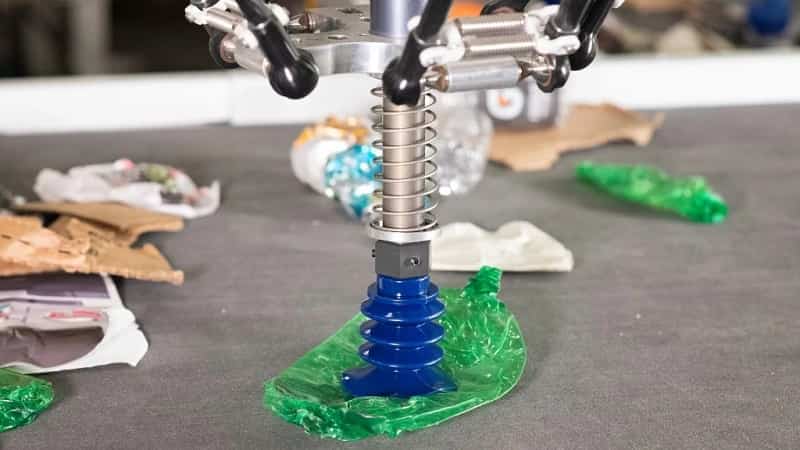
-China stays Port of Hamburg’s most important trading partner
China is the most important trading partner of Germany’s largest universal port Hamburg, according to the Port of Hamburg Marketing (HHM), which recently said the decline in seaborne container throughput with China recorded in the first COVID-19 year of 2020 has been halted as an increase of 5.5 per cent year on year to 2.6 million twenty-foot equivalent unit (TEU) was logged in 2021.
With the new China Germany Express (CGX) service, the German international shipping and container transportation company Hapag-Lloyd will connect the port of Hamburg with the southern Chinese DaChan Bay Terminal, which belongs to the Port of Shenzhen, on a weekly basis from April, according to official Chinese media.
“This new container liner service will further expand the range of altogether 18 liner services linking Hamburg with Chinese ports and consolidate Hamburg’s position as the leading China port,” said Axel Mattern, HHM’s chief executive officer.
More containers are also being transported via trains between China and Hamburg. Around 160,000 TEU were transported by rail between Hamburg and more than 25 destinations in China last year, an increase of 51 per cent, an HHM statement said.
Although the 12,000-kilometer journey between China and Hamburg takes around 20 days now for trains to complete, the land route via the Belt and Road Initiative (BRI) is faster than by ship by sea, the port noted. Plastic-waste-crisis – Russia-Ukraine
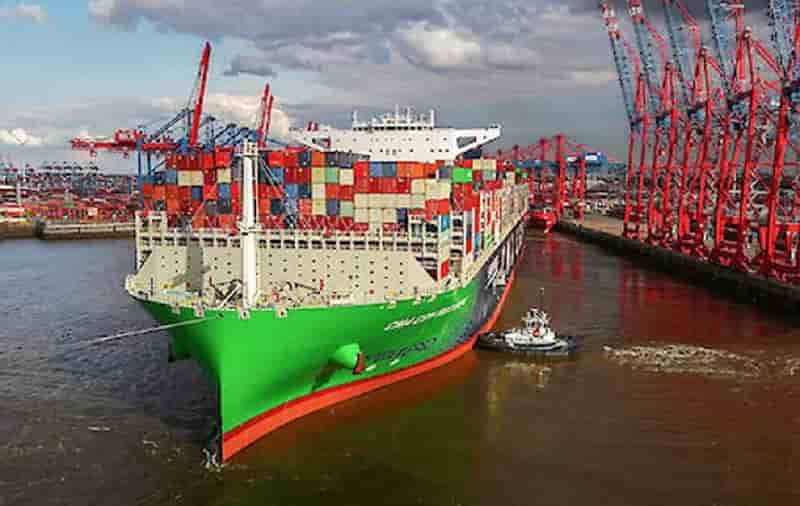
-Solvay to suspend operations in Russia
Due to the conflict in Ukraine, new investments and the payment of the dividends of the joint venture in PVC Rusvinyl are also blocked.
The list of large chemical companies taking a stand against the invasion of Ukraine by the Russian armed forces is growing. Plastic-waste-crisis – Russia-Ukraine
The Belgian Solvay has also decided to suspend both current activities and new investments in Russia, including the payment of dividends of Rusvinyl, the 50-50 joint venture in PVC with Sibur.
At the same time, the Solvay Solidarity Fund donated 1 million euros to the Red Cross in support of relief efforts for civilians affected by the conflict in Ukraine. They will help provide access to clean water, medicines and medical equipment, as well as repair vital infrastructure and improve the living conditions of families. Solvay has also pledged to match donations raised by its employees to support humanitarian efforts in the region. Plastic-waste-crisis – Russia-Ukraine
RusVinyl operates in the production of PVC in an integrated plant in Kstovo, in the Nizhniy Novgorod region, with a capacity of 300,000 tons per year of PVC in suspension, 30,000 t / y of PVC in emulsion and 225,000 t / y of caustic soda.
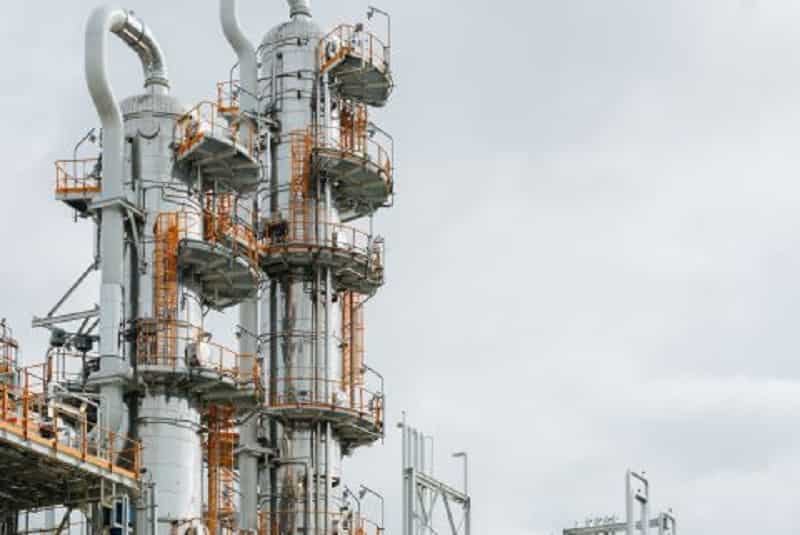
-Samsung, Coca Cola and Danone leave Russia
Samsung, Coca Cola and Danone are leaving the Russian market following other well-known brands
More than a hundred international companies have already left the Russian market after Russian troops invaded the territory of Ukraine. This is reported by News Nation Now. Plastic-waste-crisis – Russia-Ukraine
Samsung announced the offer of affordable products in Russia that are coming out of the Russian market, such as Coca Cola and Danone.
Note that both companies have previously announced that are not going to curtail their activities in Russia. But the day before, a number of Ukrainian supermarket chains announced that they would no longer sell Coca Cola products and began to remove bottles from supermarket shelves. The company tried to justify itself by explaining that it continues to help the Ukrainian military.
Samsung supplies chips, smartphones and home appliances to Russia. Now they have announced that they are leaving the Russian Federation. Earlier, Apple, Samsung’s main competitor in the global market, also announced the suspension of sales and maintenance of its services. Plastic-waste-crisis – Russia-Ukraine
“Under the current circumstances, we are suspending PayPal services in Russia,” said Dan, President and CEO of PayPal Holdings Inc. Shulman.
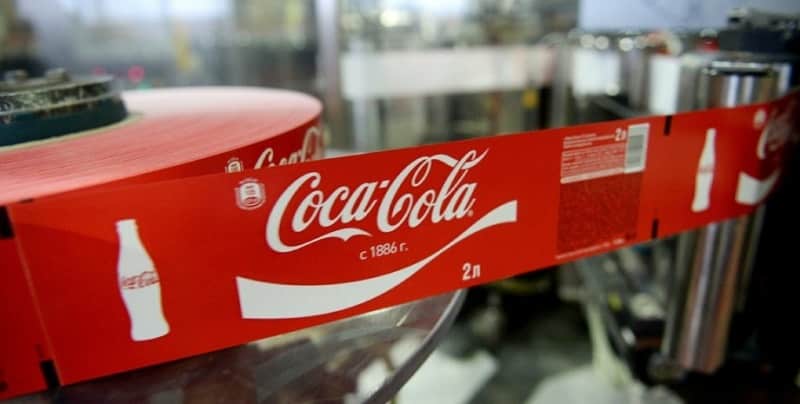
Plastic-waste-crisis – Russia-Ukraine
